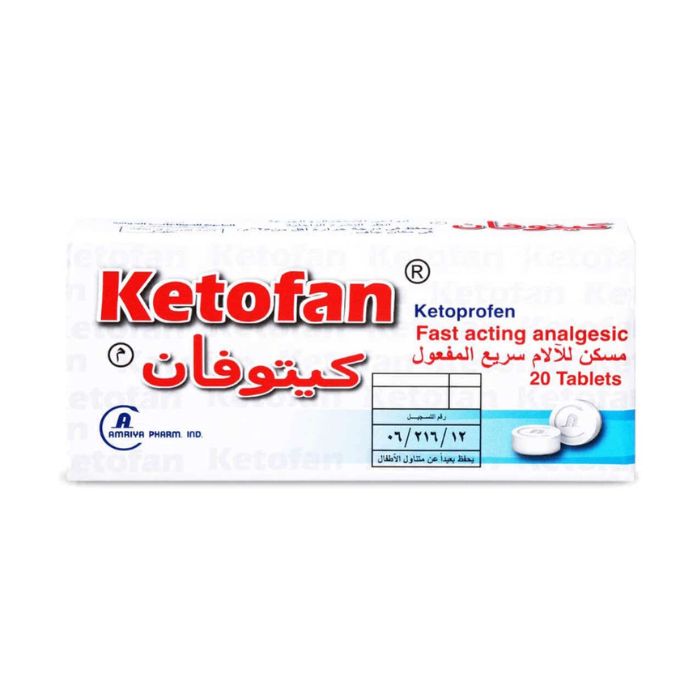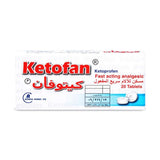 skin lightening
skin lightening
 Skin moisturizers & nourishers
Skin moisturizers & nourishers
 Korean skin
Korean skin
 sun protection
sun protection
 Facelift and wrinkle removal
Facelift and wrinkle removal
 Stretch mark products
Stretch mark products
 skin care soap
skin care soap
 Skin tone and dark spots
Skin tone and dark spots
 Eye care
Eye care
 Derma roller
Derma roller
 Blackhead removal products
Blackhead removal products
 Facial washes and toners
Facial washes and toners
 Treatment of scars
Treatment of scars
 Professional Products
Professional Products
 Skin care devices
Skin care devices
 Masks
Masks
 Sanding
Sanding
 Skin and hair oils
Skin and hair oils
 Nail strengtheners
Nail strengtheners
 lip plumpers
lip plumpers
 Tanning products
Tanning products
 Skin abrasions and inflammation
Skin abrasions and inflammation
 dark circles
dark circles
 Natural Moroccan soap
Natural Moroccan soap
 nail care products
nail care products
 scrub
scrub
 foot care
foot care
 Vitamins and nutritional supplements
Vitamins and nutritional supplements
 Vitamins and supplements for skin and hair
Vitamins and supplements for skin and hair
 Vitamins and nutritional supplements for women
Vitamins and nutritional supplements for women
 Fertility and reproductive products
Fertility and reproductive products
 Immunity support
Immunity support
 Herbal pharmacy and natural products
Herbal pharmacy and natural products
 Children's vitamins
Children's vitamins
 Energy and vitality products
Energy and vitality products
 Diabetic vitamins
Diabetic vitamins
 Heart and circulatory support products
Heart and circulatory support products
 Sidalih Global
Sidalih Global
 Vitamins and tonics for men
Vitamins and tonics for men
 Gastric sleeve vitamins
Gastric sleeve vitamins
 Diet and fitness
Diet and fitness
 Helping to sleep
Helping to sleep
 Bone and muscle health
Bone and muscle health
 Sports Nutrition
Sports Nutrition
 Eye vitamins
Eye vitamins
 Mood Boost
Mood Boost
 Brain Health Vitamins
Brain Health Vitamins
 Probiotics and Prebiotics
Probiotics and Prebiotics
 Omega-3
Omega-3
 Toothpastes
Toothpastes
 Teeth whitening products
Teeth whitening products
 Bath bombs and natural soap
Bath bombs and natural soap
 Hand soap
Hand soap
 Shower loofah
Shower loofah
 Sterile wipes
Sterile wipes
 Shower gels
Shower gels
 Massage oils
Massage oils
 Oral health care
Oral health care
 Cosmetic supplies
Cosmetic supplies
 First aid
First aid
 Lip care
Lip care
 Bath salts
Bath salts
 Infection prevention
Infection prevention
 Gags
Gags
 Toothbrushes
Toothbrushes
 Mouthwashes
Mouthwashes
 Denture care
Denture care
 Cleaning between the teeth
Cleaning between the teeth
 Foundation
Foundation
 Lips
Lips
 Lntoxicating
Lntoxicating
 Light
Light
 Blush
Blush
 Powder
Powder
 Medical makeup
Medical makeup
 Primer
Primer
 Eyebrows
Eyebrows
 Concealer
Concealer
 Eye shadows
Eye shadows
 specific eyeliner
specific eyeliner
 BB and CC creams
BB and CC creams
 Lenses and accessories
Lenses and accessories
 Lens solutions
Lens solutions
 Makeup Fixers
Makeup Fixers
 Make-up removers
Make-up removers
 Eyelash extensions
Eyelash extensions
 Nail polish removers
Nail polish removers
 Nails and accessories
Nails and accessories
 Brushes and accessories
Brushes and accessories
 Eyelashes and accessories
Eyelashes and accessories
 Cotton
Cotton
 Nail polish
Nail polish
 Natural and organic lunch
Natural and organic lunch
 Healthy Baking Supplies
Healthy Baking Supplies
 Natural Honey
Natural Honey
 Butter & Spread Creams
Butter & Spread Creams
 Healthy and organic soups
Healthy and organic soups
 Healthy and organic salt
Healthy and organic salt
 Organic rice
Organic rice
 Natural Beverage
Natural Beverage
 Natural sugar & alternative sweeteners
Natural sugar & alternative sweeteners
 Dried Fruits
Dried Fruits
 Keto products
Keto products
 Grain seeds and legumes
Grain seeds and legumes
 Organic Vinegar
Organic Vinegar
 Natural tea and herbs
Natural tea and herbs
 Healthy and organic pasta
Healthy and organic pasta
 Breakfast Cereal
Breakfast Cereal
 Natural spices and herbs
Natural spices and herbs
 Snacks
Snacks
 Organic sauces
Organic sauces
 Organic and Healthy Nannies
Organic and Healthy Nannies
 Pain killers
Pain killers
 Smoking cessation products
Smoking cessation products
 contraception
contraception
 Emergency & Fluid therapy medication
Emergency & Fluid therapy medication
 Anemia
Anemia
 vaginal infections
vaginal infections
 diaper rash
diaper rash
 Fever medication
Fever medication
 haemorrhoids
haemorrhoids
 Anti coagulants
Anti coagulants
 Topical anti fungal
Topical anti fungal
 acne treatment
acne treatment
 Psoriasis
Psoriasis
 Skin medications
Skin medications
 Thyroid treatment
Thyroid treatment
 Prostate treatment
Prostate treatment
 Eczema
Eczema
 Water retention
Water retention
 Burn treatment
Burn treatment
 Anti depressants
Anti depressants
 Anti anxiety
Anti anxiety
 Heart rate regulator
Heart rate regulator
 Liver medication
Liver medication
 Anti drowsiness
Anti drowsiness
 Anti bleeding
Anti bleeding
 Anti viral
Anti viral
 Bone and muscle medications
Bone and muscle medications
 Urinary tract medications
Urinary tract medications
 Pressure gauges
Pressure gauges
 Diabetes meters
Diabetes meters
 Diabetic test strips
Diabetic test strips
 Thermometers
Thermometers
 Weight measuring devices
Weight measuring devices
 Elderly diapers
Elderly diapers
 Diabetic supplies
Diabetic supplies
 Medical devices and supplies
Medical devices and supplies
 Nebulizer devices
Nebulizer devices
 Pulse Oximeters
Pulse Oximeters
 Tablet packages and crumbs
Tablet packages and crumbs
 Massage devices
Massage devices
 Near and languished
Near and languished
 Girdles
Girdles
 Pillow and neck pillow
Pillow and neck pillow
 Medical Headphones
Medical Headphones
 Medical Shoes
Medical Shoes
 Bathroom Chairs
Bathroom Chairs
 Medical Beds
Medical Beds
 Manual Chairs
Manual Chairs
 Electric Chairs
Electric Chairs
 Taking care of sensitive areas
Taking care of sensitive areas
 Lightening sensitive areas
Lightening sensitive areas
 Depilatories
Depilatories
 Face and body blades
Face and body blades
 Pregnancy and fertility detectors
Pregnancy and fertility detectors
 Hair removal devices and accessories
Hair removal devices and accessories
 Sanitary napkins
Sanitary napkins
 Buttocks and chest augmentation
Buttocks and chest augmentation
 Slimming and body sculpting
Slimming and body sculpting
 Contraceptive drugs
Contraceptive drugs
 Feminine deodorants
Feminine deodorants
 body powder
body powder
 Feminine lotions
Feminine lotions
 Female intimacy products
Female intimacy products


Price includes tax
Couldn't load pickup availability
Ketoprofen is an anti-inflammatory medication for adults and children from the age of 15.
In long-term treatment of the following:
In the short-term treatment of the following:
Talk to your doctor or pharmacist:
These include:
Tell your doctor if you are taking any of the following medications:

Thanks for subscribing!
This email has been registered!
